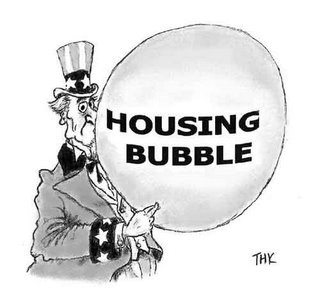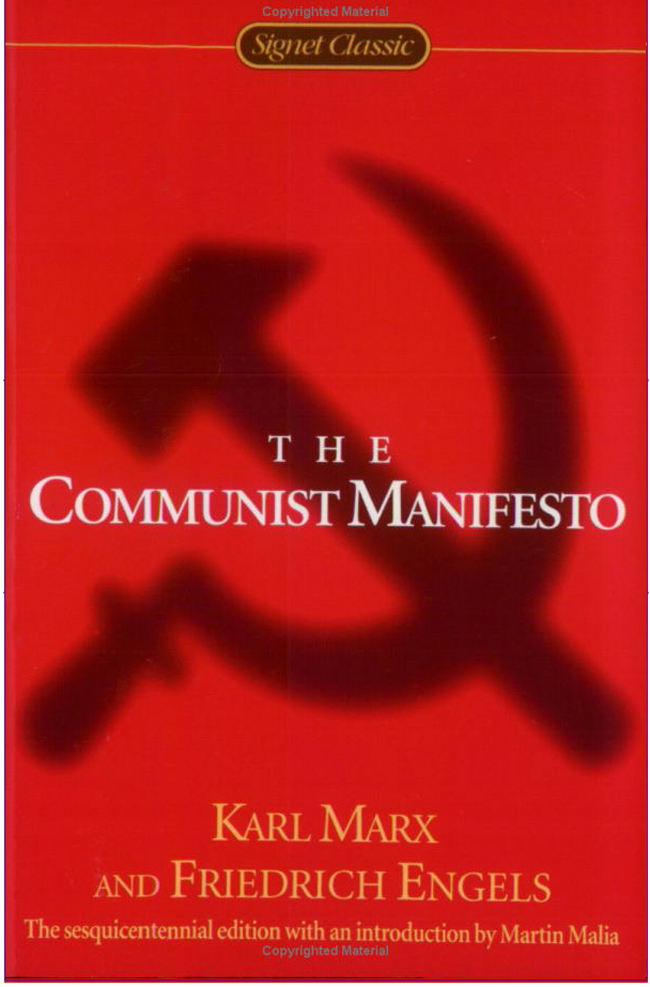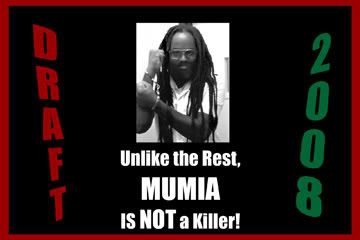Has the Housing Bubble Begun to Leak?

Pay careful attention to the flurry of reports in recent days concerning the Housing Bubble on Sam's Plantation. Such reports have reached a fever pitch.
Calling last week's housing news "one big series of uh-ohs," a piece in Sunday's Washington Post reported on the deluge of bad news:
Richard Beales and Daniel Pimlott, the piece's co-authors, continue:
On Sunday, the New York Times weekend edition contained a piece with more ominous numbers and stark warnings to those caught in the adjustable-rate mortgage vortex:
Calling last week's housing news "one big series of uh-ohs," a piece in Sunday's Washington Post reported on the deluge of bad news:
First there was the report that sales of existing homes in July dropped to a rate 11.2 percent below the level a year earlier, with the inventory of unsold homes rising to a record 3.85 million, enough so that it would take 7.3 months to sell them at the current pace. The declines were most striking on the coasts.On Friday, a report in the Financial Times provided those numbers: "sales of new homes in the US fell by an unexpectedly large 4.3 per cent in July, the third consecutive monthly decline, and the supply of unsold homes rose to its highest in more than a decade."
Then came similarly alarming data on new home sales.
Richard Beales and Daniel Pimlott, the piece's co-authors, continue:
On Wednesday, data had also showed a much larger than expected fall in sales of existing homes, the latest in a string of weak reports on residential property....No matter the immediate effect the bursting of the housing bubble will have on Wall Street, such a precipitous decline in home sales bodes ill for Uncle Sam's debtor economy. The Post piece ominously warns that "the hordes of recent buyers who, having assumed adjustable-rate mortgages that are becoming increasingly unaffordable as interest rates rise, may be forced to sell."
The broader question is the impact a sharp housing slowdown could have on the pace of economic growth, a concern for stock investors.
On Sunday, the New York Times weekend edition contained a piece with more ominous numbers and stark warnings to those caught in the adjustable-rate mortgage vortex:
The number of building permits being issued is falling at a rate usually seen only in recessions. In July, 11 percent fewer existing homes were sold than were sold a year earlier; 22 percent fewer new houses were sold....Uncle Sam's economic strength has become totally dependent on massive injections of cash generated by an artificially appreciated real-estate market that Mike Davis calls "the bastard offspring of the stock-market bubble of the mid-1990s." But unlike the relatively circumscribed stock market collapse from a few years ago, the effects of housing market collapse will devastate a much larger population that could anticipate an economic cataclysm of global proportions.
In Las Vegas, Los Angeles and Miami, prices have almost doubled since 2003, and they have risen about 50 percent in New York and San Francisco, the National Association of Realtors says.
Jumps of this magnitude have little precedent. To afford homes, some buyers, especially in California, have resorted to aggressive mortgages, like those that allow artificially low payments in the early years. In effect, families seem to be buying houses they cannot afford, in the hope that their incomes or property values will rise significantly...
If prices do decline, some of the first victims would be families in a financial bind that are unable to rescue themselves by refinancing their mortgage. Foreclosures would then rise, damaging banks and increasing the number of homes for sale.







<< Home